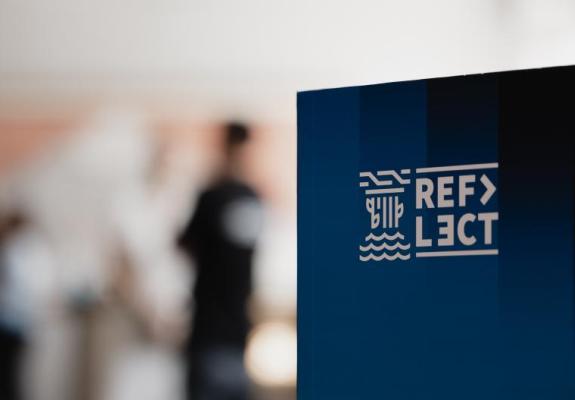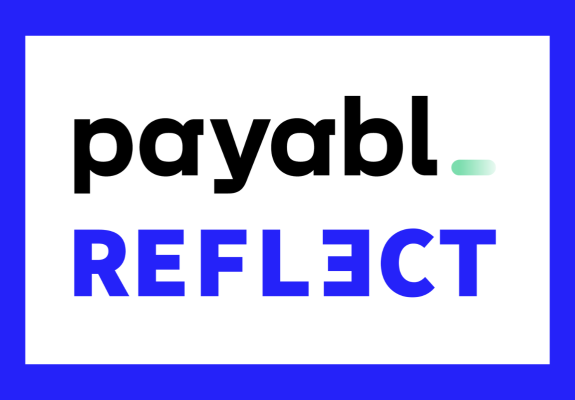Cyprus's Golden Knowledge Programme - Supporting Tech Sector Growth Amidst Educational Dynamics
Observing Cyprus' investment in attracting global tech talent amidst the uncertain state of local education.
Cyprus has embarked on an ambitious journey to reinforce its technological sector and through the Golden Knowledge Programme. This initiative symbolizes a strategic pivot towards nurturing a knowledge-based economy, distinct from the island's previous investment-focused citizenship programs.
Despite achieving progress in digital literacy, Cyprus finds itself below the EU average in basic digital skills and ICT specialist representation in its workforce. Acknowledging this gap, Cyprus is actively pursuing various initiatives and action plans. These efforts are aimed at enhancing digital competencies and ensuring robust participation in a globally competitive digital economy and society.
In the context of Cyprus's educational sector and its efforts to attract international tech talent through the Golden Knowledge Programme, several reports and assessments provide a clear picture of the current state of education in the country, particularly in core subjects.
A report from the Programme for International Student Assessment (PISA) revealed that Cypriot children have well below average competencies in mathematics, science, and reading. This report, highlighting the urgent need for educational reform, shows that Cypriot children scored an average of 418 points in mathematics, 411 in science, and 381 in reading. These scores are significantly lower than the European Union averages, which are 472 in mathematics, 480 in science, and 468 in reading respectively.
This trend of lower performance has been ongoing since Cyprus first participated in the PISA survey in 2012. In response, the Nicosia federation of primary schoolchildren’s parents and the education ministry have expressed a commitment to implement initiatives for strengthening the educational system, focusing on overhauling examination systems, and introducing programs to prevent children from falling behind in preschool education.
Furthermore, the Education and Training Monitor 2021 report sheds light on the broader educational landscape in Cyprus. While the country has made considerable efforts to improve vocational education and training, adult education continues to have low participation rates. The report notes the lack of systematic monitoring mechanisms for pupils’ well-being, with one in three students reporting being bullied at least a few times a month.
Teachers in Cyprus are highly satisfied with their jobs, but there is limited participation in training related to well-being. The digital transition in education is being supported with national funds, focusing on developing an electronic education system for public schools. However, the high levels of public spending on education have not translated into proportionate educational outcomes, indicating challenges in the effectiveness and efficiency of educational investment in Cyprus.
The Golden Knowledge Programme marks a pivotal change in Cyprus's approach to fostering growth. By accelerating citizenship for individuals making significant contributions in research and technology, Cyprus is actively inviting global tech experts to contribute to its digital landscape.
The program sets clear criteria for applicants, including language proficiency, financial independence, and a clean criminal record. It extends benefits to the families of eligible applicants, demonstrating the country's commitment to nurturing a holistic and inclusive environment for tech talent.
This approach not only addresses immediate needs in the tech sector but also lays the groundwork for long-term educational and economic growth. Cyprus's vision for a digitally advanced society hinges on the dual pillars of attracting international expertise and fostering local talent, a strategy that holds promise for the nation's future.
In summary, while Cyprus is actively working to attract international tech talent through initiatives like the Golden Knowledge Programme, there is a parallel need to address the challenges in its educational sector. These challenges include below-average competencies in key subjects among children and a need for comprehensive reforms and investments to improve the quality and effectiveness of education at all levels.






